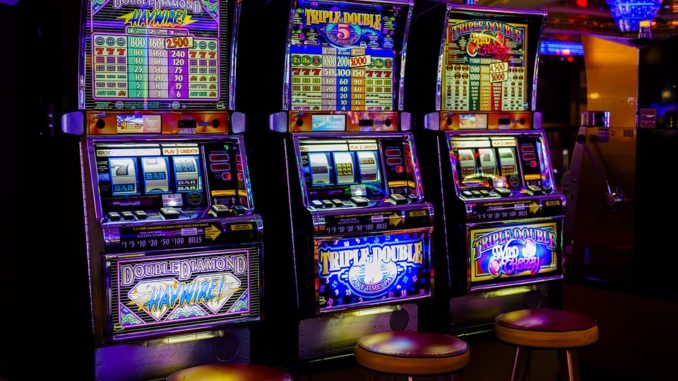
For Atlantic City casinos, like most businesses in the US, getting back on their feet has been the number one priority since the gradual reopening of some economic sectors hit by COVID-19. That’s why an amendment proposing the exclusion of iGaming and mobile sports betting from property tax calculations has been filed as a new way to allow brick-and-mortar casinos to get through these difficult times slowly.
According to legal representatives, the new proposal, called the payment-in-lieu-of-taxes (PILOT) amendment, has been officially submitted for state lawmakers’ revision. Governor Phil Murphy will provide the ultimate call to either pass or deny the proposal.
The debate, however, is now under discourse. The opposing side claims that the proposal protects establishments that can cover all government property tax requirements, especially when considering the inclusion of revenue generated by deals that most casinos have with sportsbooks and related players in the industry.
Casinos’ Reported Numbers Justify PILOT
Atlantic City casinos reported an approximate loss of five percent revenue throughout an eleven-month period compared to 2019. In this case, casinos in the area stated that just for November of 2021, the overall revenue count was $206.8 million, about $17 million less than the same month in 2019.
According to the New Jersey Division of Gaming Enforcement (DGE), casinos reported total revenue of $3.02 billion for 2019. Yet, if casinos included all income from mobile betting, they would top at $3.85 billion. Therefore, this revenue needs to be contemplated in the property tax calculation to the opposing side.
However, casinos are waving the issue of working with third-party providers. Most of these establishments claim that all sportsbook and mobile betting suppliers receive a significant portion of their gains from these betting dynamics. To them, this should justify an overblown recovery that most seem to be holding on to as part of the opposing side’s argument.
More Scrutiny Skews the Numbers
To James Plousis, chair of the New Jersey Casino Control Commission, some numbers need to be considered to build well-rounded criteria on the issue. Plousis stated that the numbers reported for 2021 are more than solid and reflect a recovering industry. Plousis added that these numbers are the highest they’ve been over the last 12 years.
The last time revenues reached the $4 billion mark was back in 2008, and for many such as Plousis, there are no excuses as to why casinos’ property tax estimates need to be reduced for the current year.
The DGE added that casinos continue to prove that they have been profitable enough to account for specific tax codes. For example, just in the third quarter of 2021, the DGE claims that casinos reported profits of $310.8 million.
Reporting has also become part of the issue for Casino Association of New Jersey President Joe Lupo. He claims that although some numbers have been highlighted to justify that the casino industry has turned-out positive numbers, it’s partly due to how DGE reporting is structured. To Lupo, not all numbers convey the same positive message opposing sides are standing for.
The PILOT bill is expected to receive a final vote on Monday, December 20.
100% up to $3,000 Bonus
Bovada is our most recommended ONLINE CASINO and POKER ROOM for US players with excellent deposit options. Get your 100% signup bonus today.





Leave a Reply
You must be logged in to post a comment.